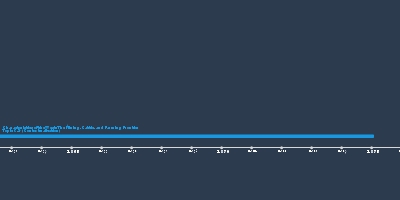Responses to Farm Problems: National Grange Movement, Interstate Commerce Act, Farmer’s Alliances, Ocala Platform Topic 6.3: (Comparison) (1 ene 1868 año – 3 h 28 m, 9 mayo 2025 año)
Descripción:
National Grange Movement:- The National Grange was organized in 1868 by Oliver H. Kelly.
- Originally meant to be a social and educational place for farmers.
- The movement tried to protect members from middlemen (wholesalers, retailers), trusts, and railroads and got more involved in politics.
- Granges created cooperatives which were businesses made by farmers and run by farmers to save costs that are charged by middlemen.
- In Iowa, Minnesota, Illinois, and Wisconsin, the Grangers influenced their state legislators to pass laws to reduce the rates that were charged by railroads and elevators
- In the landmark case of Munn v. Illinois(1887), the Supreme Court upheld the right of a state to regulate businesses of a public nature (railroads).
Interstate Commerce Act:
- This act states that Congress can regulate trade between states.
- This act set up the first regulatory agency (The Interstate Commerce Commission).
Farmer's Alliances:
- Farmers formed alliances to teach farmers about scientific farming methods.
- Their goal originally had been economic and political action from the start.
- By 1890, about 1 million farmers had joined the farmer's alliances.
- They had the potential for creating an independent party.
Ocala Platform:
- This was when farmers in the National Alliance met in Ocala, Florida.
- They blamed the Democratic and Republican parties for siding with Wall Street bankers and big businesses so they made their party.
- They wanted U.S. Senators to have a direct election, lower tariff rates, people who get more money to pay more in taxes (graduated income tax), and a banking system controlled by the federal government.
- They wanted a silver and gold standard.
- This led to the Populist movement, which later would become another party.
Similarities:
- All the farmers and poor people were working together to try to make prices lower.
- All parties had economic and political effects.
- They all blamed rich businesses.
Añadido al timeline:
fecha:
1 ene 1868 año
3 h 28 m, 9 mayo 2025 año
~ 157 years
